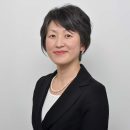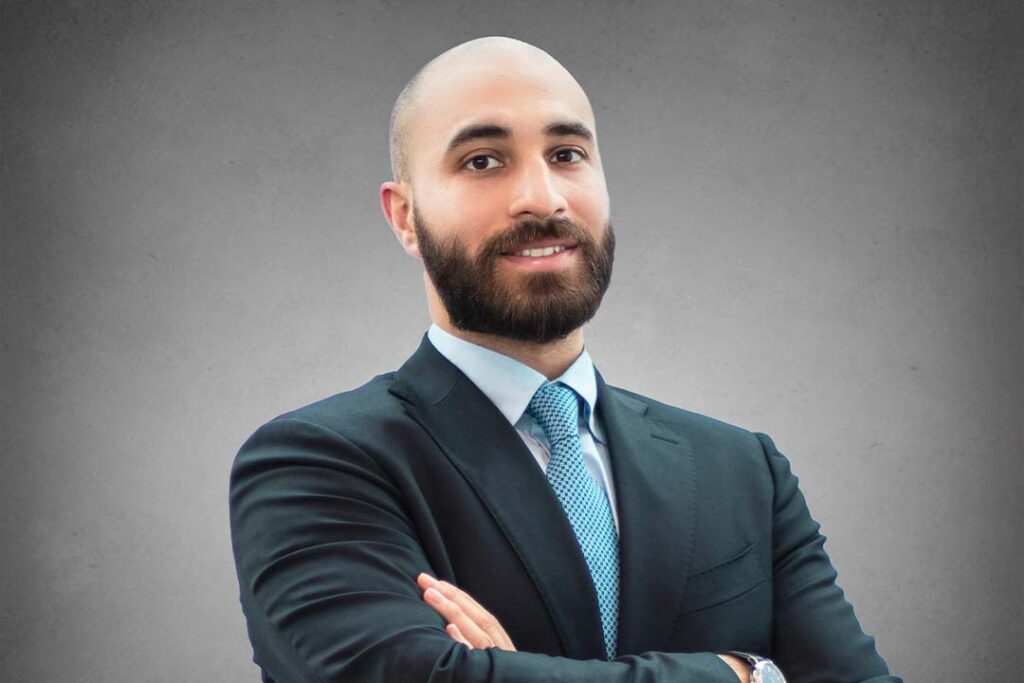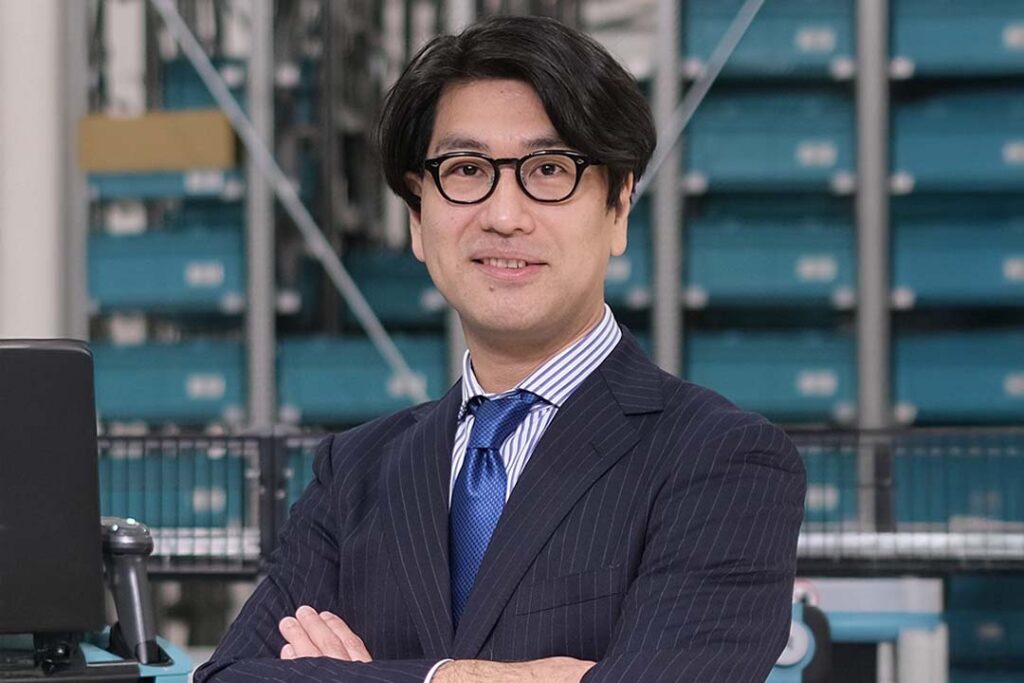Japan has long enjoyed an educationally traditional reputation for high academic standards. Coupled with well embedded school routines that systematically build deep understanding of social and civic responsibility, Japan enjoys high levels of social harmony in day-to-day life.
However, with a falling birth rate, education in Japan is slowly changing in an attempt to better prepare young people for a different working future.
Many schools and education authorities are implementing an IB (International Baccalaureate) style curriculum, offering a more collaborative, enquiry-based approach to learning; a step on from a more traditionally embedded rote learning approach.
COVID has presented many problems for schools around the world. In March 2020, schools in Tokyo temporarily switched to home learning/online teaching which highlighted the need for schools to modernise their use of tech and indeed in some cases introduce technology.
As the state of emergency ensued, the government responded, providing teachers and pupils with hardware and training. In many ways this accelerated previous efforts to implement more effective use of technology in Japanese schools, supporting the Ministry of Education, Culture, Sports, Science and
Technology – MEXT’s wider aim to develop coding proficiency and associated critical thinking and problem-solving skills. Japan and the United Kingdom are a world apart but there are some similarities educationally, not least when considering the study of languages.
English language teaching in Japanese schools is gradually increasing. Previously pupils first embarked on English study as they entered Junior High school at age 12.
Our services range from 1:1 tutoring across a range of subjects to supporting families choosing and preparing to enter a British boarding school. We also work with schools, delivering teacher professional development training and school evaluations.
Kirsten O’Connor, Founder and Director QUEST TOKYO
Formal weekly English lessons are now being embedded into Grades 5 and 6, with ‘preparation’ classes being introduced to Grades 3 and 4, albeit employing a more casual style – singing, and other informal familiarization activities. Similarly, in the UK there are renewed efforts to reinvigorate the number of pupils learning languages.
With the gradual introduction of the ‘EBacc’ in England (a combination of GCSE subjects leading to successful higher education opportunities) pupils will be required to continue the study of a modern foreign or classical language until the age of 16 rather than the previous 14 years of age.
Through efforts on either side of the world, both Japan and the UK are recognizing the economic value of bilingualism and multilingualism within the workforce.
In Tokyo, the international education landscape continues to evolve. The British education system, particularly the more traditional aspects of the boarding school and university sector, is held in high esteem, building on the experiences of those first intrepid Japanese students travelling to attend UCL, Cambridge and Oxford during the mid-19th century.
By September 2023 three new British style schools will have opened for pupils of primary and secondary age in Japan, two here in Tokyo.
My own Japan-based story began in 2001 when I set off from London for a two-year teaching contract in Tokyo. Suffice to say 20 years later, I fell in love with Japan almost immediately and have remained inspired and fascinated by both the International and Japanese education sectors.
This year we are growing our support team and building the range of services we can offer in this field. Families can contact us for professional consultation and assessments, therapy and advice, while also finding community and shared resources.
After 17 years working in one of the large international schools in Tokyo, the last six years of which serving as Head Teacher – Primary, I set out on a new adventure.
In 2018, I launched an educational consultancy company – QUEST TOKYO, offering professional advice and individually tailored solutions to families seeking education support framed within the rigour of the British system and the flexibility of the curriculum of England.
Our services range from 1:1 tutoring across a range of subjects to supporting families choosing and preparing to enter a British boarding school. We also work with schools, delivering teacher professional development training and school evaluations.
Many families come to us for help with English, maths or science – some to help their children get back on track when learning or content becomes challenging at school, others to help extend from As to A*s.
Preparation for entrance exams to British schools is also a popular service; we help students refine their maths and English exam skills as well as enhance verbal and non-verbal reasoning techniques. Our newest developments include the recent launch of a new QUEST division – QUEST Learning Support and Therapy (QLST).
As with many cities around the world, it can be challenging for families in Tokyo to locate support for a child with learning difficulties or disabilities. The language barrier can make this especially tough for international families.
This year we are growing our support team and building the range of services we can offer in this field. Families can contact us for professional consultation and assessments, therapy and advice, while also finding community and shared resources.
QLST also offers learning support training and consultancy services to schools, helping to develop expertise within teaching teams, thereby deepening the efficacy of in-school intervention programs.











